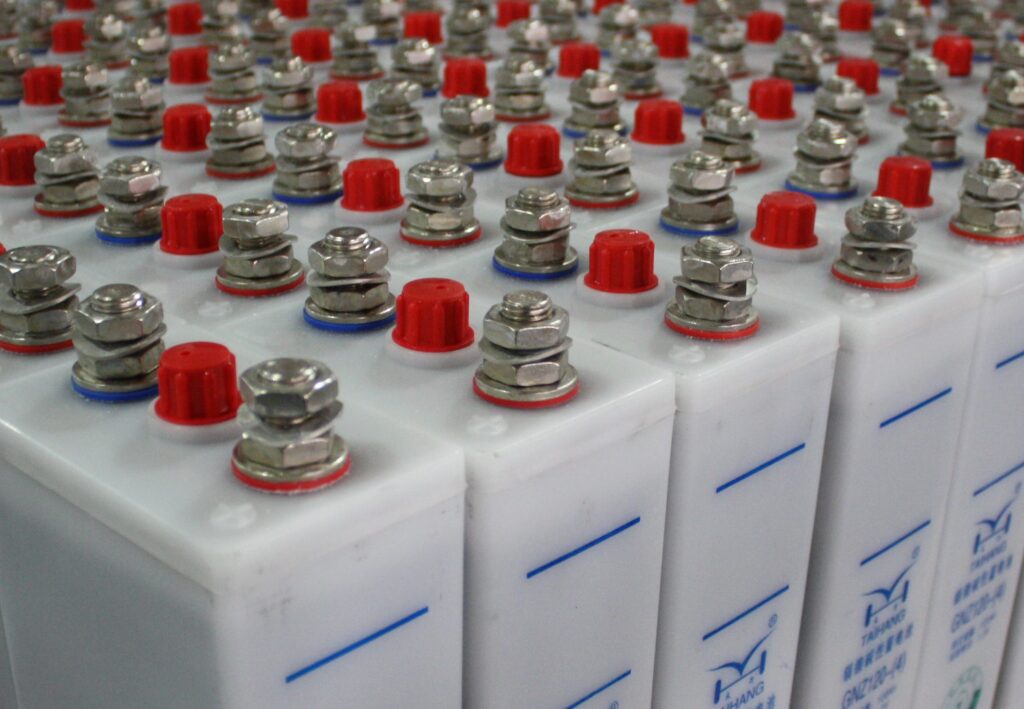
Nickel Battery Ni-Cd widely uses in various applications due to their high energy density, long life, and low self-discharge rate. However, the disposal of these batteries can pose a significant environmental hazard due to the presence of toxic heavy metals such as cadmium. Therefore, recycling of Ni-Cd batteries has become an important issue in recent years. This essay will discuss the importance of Ni-Cd battery recycling, the recycling process, and the benefits of recycling.
The importance of Nickel Battery Ni-Cd recycling cannot be overstated. Cadmium is a toxic heavy metal that can cause serious health problems such as kidney damage, lung cancer, and bone disease. When Ni-Cd batteries disposes of improperly, cadmium can leach into the soil and water, contaminating the environment and posing a risk to human health. Recycling Ni-Cd batteries can prevent the release of cadmium into the environment and reduce the risk of health problems.
The recycling process for Nickel Battery Ni-Cd involves several steps. The first step is to collect the batteries and transport them to a recycling facility. At the facility, the battery sorts and separats into their component parts. The cadmium is then extracted from the batteries using a variety of methods, including pyrometallurgy, hydrometallurgy, and biometallurgy. The extracted cadmium then reuses in the production of new batteries or other products.
There are several benefits to recycling Ni-Cd batteries. First, recycling conserves natural resources. Cadmium is a finite resource, and recycling can help to reduce our dependence on mining for new sources of cadmium. Second, recycling reduces the amount of waste that ends up in landfills. Ni-Cd batteries can take hundreds of years to decompose, and recycling can help to reduce the amount of waste that ends up in landfills. Finally, recycling can create jobs and stimulate economic growth. Recycling facilities require workers to sort and process the batteries, and this can create jobs in local communities.
Despite the benefits of Ni-Cd battery recycling, there are still challenges to implementing effective recycling programs. One of the main challenges is the lack of awareness among consumers about the importance of recycling Ni-Cd batteries. Many people are not aware of the environmental and health risks associated with improper disposal of these batteries. In addition, there is a lack of infrastructure for recycling Ni-Cd batteries in many countries, which can make it difficult to implement effective recycling programs.
In conclusion, Ni-Cd battery recycling is an important issue that has significant benefits for the environment, natural resources, and the economy. While there are challenges to implementing effective recycling programs, it is important that we continue to work towards reducing the environmental and health risks associated with improper disposal of these batteries. By doing so, we can protect the environment, conserve natural resources, and create a more sustainable future for generations to come.
Lead Battery Scrap
Nickel Battery Scrap
PPCP Battery box Regrind
Hdpe Blue drum Regrind
PET Flakes
etc….
Copyright © 2023 All Rights Reserved by SAN Plastic Waste Recycling